I met Albert Bonsfills in Barcelona before to jump to Japan, for the past years he is used to live between this two amazing cities, Barcelona and Tokyo. Albert is a Spanish documentary photographer who had been living in South Asia since 2012 and working in countries like China, Korea or Vietnam. During all these years he developed a very strong and personal photographic style: minimalist, clean, simple, intimate and personal. His work appears published on the most important magazines around the world and he is a regular contributor of National Geographic, New Yorker, Time Magazine or Newsweek among many others editorial clients.
We took the opportunity to interview Bonsfills meanwhile he is finishing the edition of his first photo book, a story that explores Japan’s capital-punishment system through his relationship with Sakae Menda, a 92-year-old man who spent 34 years on death row.

Albert, please, let's start talking about you:
Describe yourself in less than 50 words.
In love with photography for more than 15 years but hesitating about which direction is this beautiful profession taking. Be a freelancer photographer is becoming a really hard profession where nobody helps us and we put so many efforts on this. I like to work in Asia, I’ve been working in China for five years and I am based in Japan nowadays. I am working on my first book about Capital Punishment in Japan. Excited about the 12599 Flowers book project, excited to collaborate with the designer Ramon Pez.
Personally, I am an open guy, kind of positive, I try to see the good part of this life, I am a traveler, friend of my friends, an easy going guy who ask so many things to himself, someday I will find the answers. I like to take pictures, I like to explain stories, I like to get close to and inside of the people’s lives.
What inspired you to become a photographer?
The thing that inspired me more at the first time was to keep moments, faces, instants, for me, for the rest of my life. Before that, a picture was just a moment to remember, let’s say, some celebration, some dinner with family or friends, some trip, but when I was 18 I discovered a way to satisfy my curiosity and the camera became the perfect tool.
Which are your interest in photography?
I'm really interested in the aesthetic of things, color and composition really inspire me and since the first day I felt attracted by real things and I can count with the fingers of one hand the times I compose a frame. Somehow is kind of easy for me to find beauty, maybe is not easy, but I really enjoy the moment when you discover something and you create an image.

What means "photography" to you?
Photography is a tool and also a way for paying bills: Shooting for some clients: assignments, portraits, landscapes, videos, catalogs… but besides this is mostly romantic, is a way to express how I feel and how I see the things, photography is my way to talk without any words. Knowing that I can do it better I am really proud about what I am doing because nowadays (I believe more than ever) being a photographer is a really hard profession.
How do you see the market today?
Is not enough having only talent, we need to be good in social relations and networking, we must send hundreds of emails to the photo-editors and they (almost) never reply, we need to go at festivals, to write grants, invest much money, time and energy in this beautiful profession and most of the time, getting nothing in exchange. And of course, to present your works to some contest, because if you are selected, photo editors will know you more… but I'm not doing it anymore because most of them have a fee and I think it does have any sense, is ridiculous.
What inspired you to focus on the documentary aspect of photography?
I didn’t choose to be a documentary photographer because for me was something natural since the first day, of course when you finish the university you have many doubts about what you want to do, and honestly, I tried many things but after some years I noticed that what really makes me vibrate is to explain stories. Of course, my stories are constantly in evolution, I mean that the stories I made seven years ago are less me than the stories I am doing during this last two years, because us, as a human being we are changing, improving and learning about yourself, there is always an evolution. My photography is me. I said this once:“My camera is a mirror, a tool to help me understand myself as well as a way of showing other people’s lives, even people I have nothing in common with at first – people born 10,000 miles away from me. At the moment I take their photograph I suddenly feel very close to them, as if I somehow become them.”

Please, tell me about a specific project that defines your career. Why is this project important to you?
My latest projects since Lina and Mengchun (2013-2015) are more focused on myself than my early works. Lina and Mengchun it was the first project I made following my heart. It was the first story I felt attached to, I felt respect for their story and what they do and believe me, this is so important. But If you make me choose one project I would say ‘Sakae Menda’, is still unpublished and I m working on it for more than two years and it will be my first photo book. I choose Sakae Menda because, since the first day I had the idea pretty clear in my mind, I really knew what I wanted to do and most importantly, how. I choose it because of the difficulty of the whole process: selecting the topic, because of all the researching, because all the time I spent with him, because I feel really attached to this man. So many feelings of shooting and editing the book. In the end, I enjoy doing this project/book because is a present I want to do to him who spent 34 years in the death row being innocent. Now we are really close friends. Priceless.
What’s the genesis of this project (Sakae Menda)?
Is a story about hope and love, love for freedom, a story about persistence and passion. Is a call to the freedom of all of us. This book will make many questions to us, questions about the system and questions about what’s to be alive. I talk about someone who miss his whole life in the Japanese Death Row being innocent and nowadays finds himself in another prison, his old age. Is a parallel between freedom and something claustrophobic.

Please talk about your experiences of living in other countries (Japan and China) that share completely different cultures. Since the subjects of your photographs might have different and unique backgrounds, how did you build relationships with those whom you are not familiar with and make them willing to share their lives with you?
First, is to spend much time as you can reading and researching what you will do. Second is to spend much time as you can in the country you want to work so you would understand the way of life and behaviors of the people. And there is something that it helps, some people told me that I have something in my personality that makes people feel really confident and comfortable with me and somehow I feel it may be true because when I choose a topic that I really want to talk about is kind of easy for me to get inside their lives. I try to share with them what I feel and why I want to take pictures of them. They put the limits. I respect all of them as they deserve.
Honestly, I choose China in 2011 because I was living in Paris and I felt so lost, I was looking for new experiences, new ways of life and China helped me to build what I am right now. After China, I spent more than a year in Tokyo and Japan helped me to create new stories as Tokyo Tears or Just Divorced. Somehow I believe that Japan is a really easy place to find interesting stories with a very strong visual point. Living and photographing in another country is much easier than to shoot stories in your own hometown where nothing is new to you. Someone said that a photographer shows its skills and personality when he/she makes a project in his town. And my next project will be in Barcelona, my hometown. Not because the sentence, just because I feel is the moment to talk about my experiences in my own territory.

How did you find new ideas and decide the theme for your projects?
I let time to decide about my future projects, I always write notes in notebooks and phone: it could be a very simple idea or a concept, also a topic,( for example…, plastic surgery in South Korea). I always try to read the news and to walk with open eyes, I walk a lot every day, you never know when or where you would find something interesting. I never sit in front of the ideas list and choose one project, is the project I feel more ‘me’ the one I do eventually. Sometimes it works and sometimes it doesn’t. As a last idea about your question and going back to my first sentences I make the projects I really feel interested and attracted by.
Just to finish, for curiosity.. what do you have inside your photo bag?
After some years working with a Nikon D3 and the analog Mamiya 7, I decided to move to the dark side and sell my Mamiya 7, I really prefer to save the money that I normally spend buying film, developing and scanning all the work. I prefer to invest in a new digital camera that allows me to perform all kinds of work, photo, and video with the same camera. So, currently in my backpack I always carry two bodies (for security), the Nikon D5 and the D3, two optical (35mm and 50 mm), my laptop and my hard drive.
Thanks, Bonsfills, that's all for today.
Follow Albert Bonsfills on Instagram and see the full work on his website.

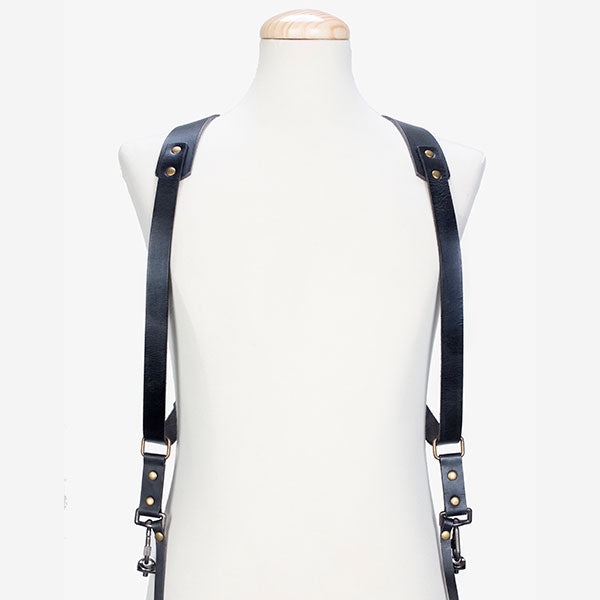
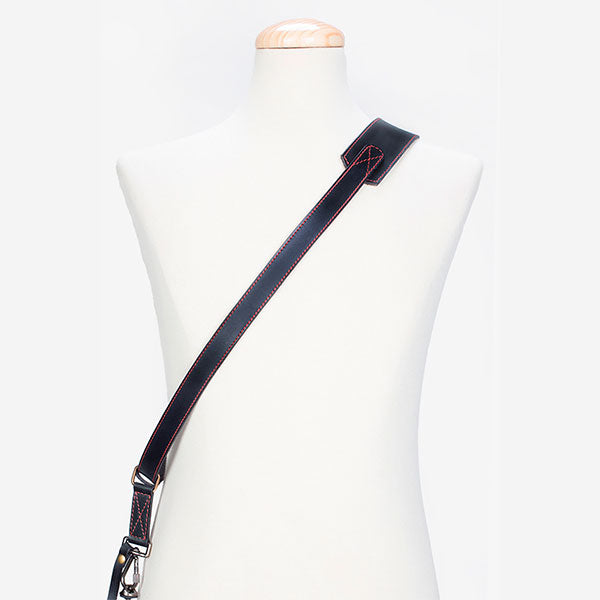
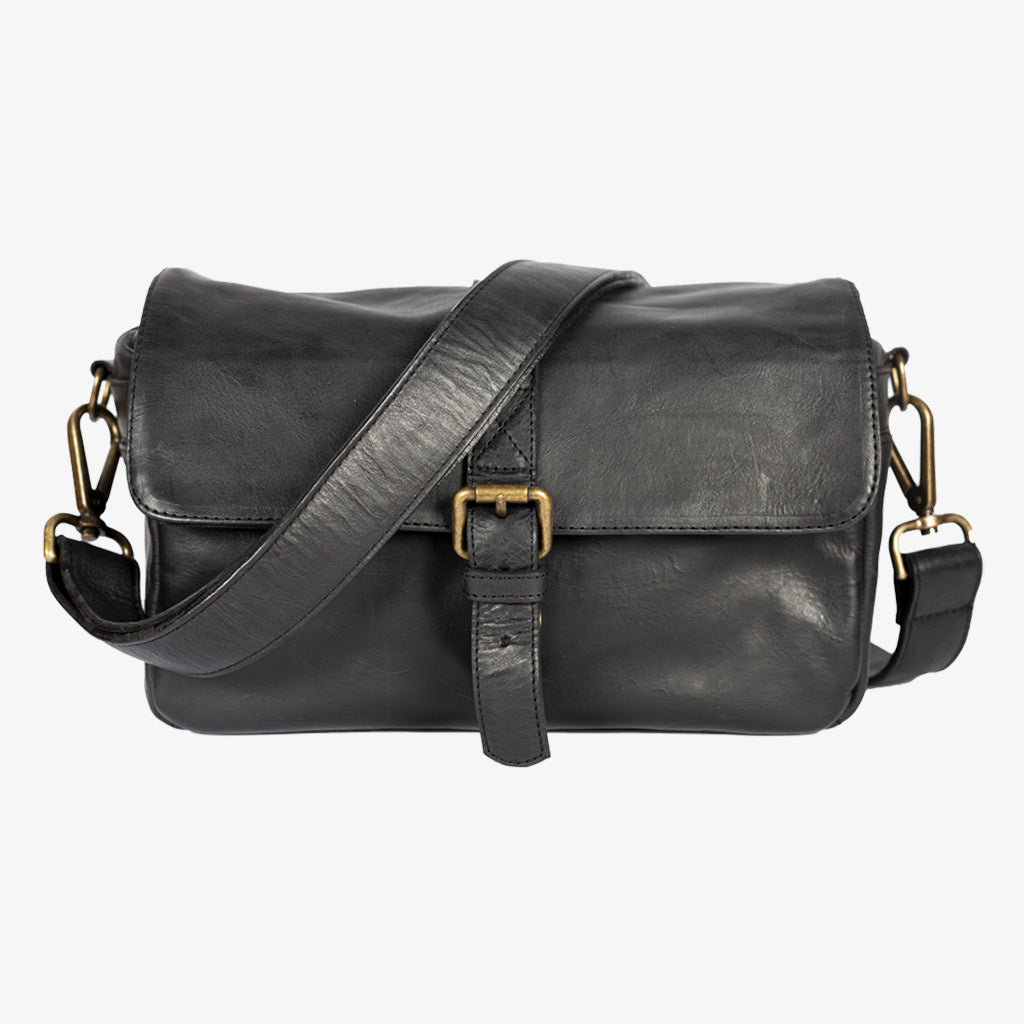
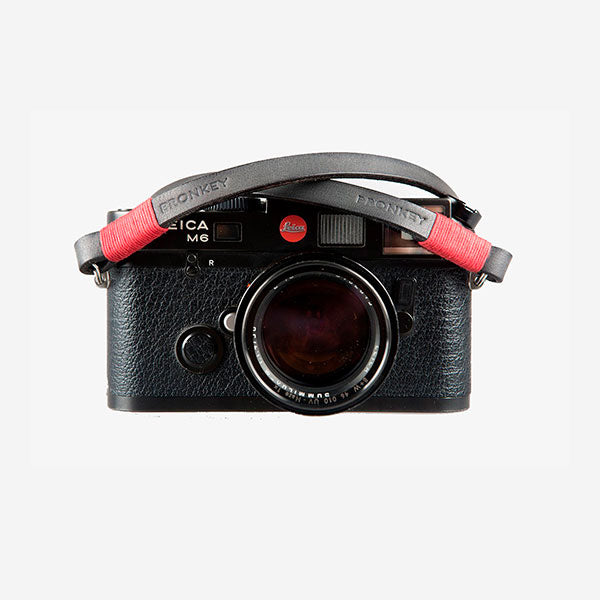
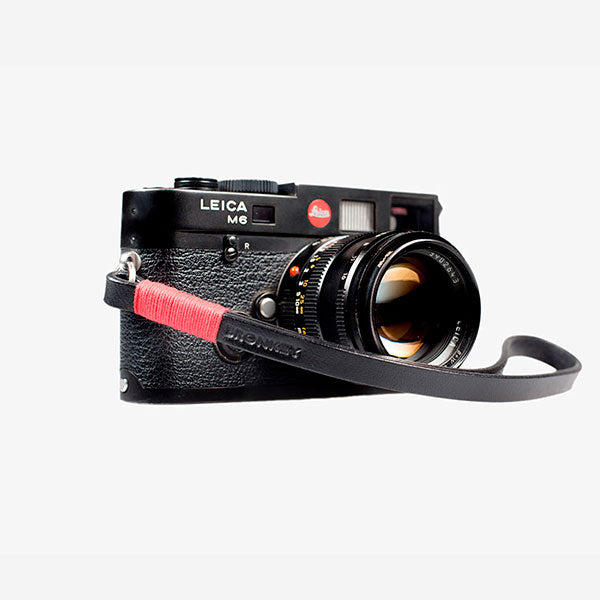
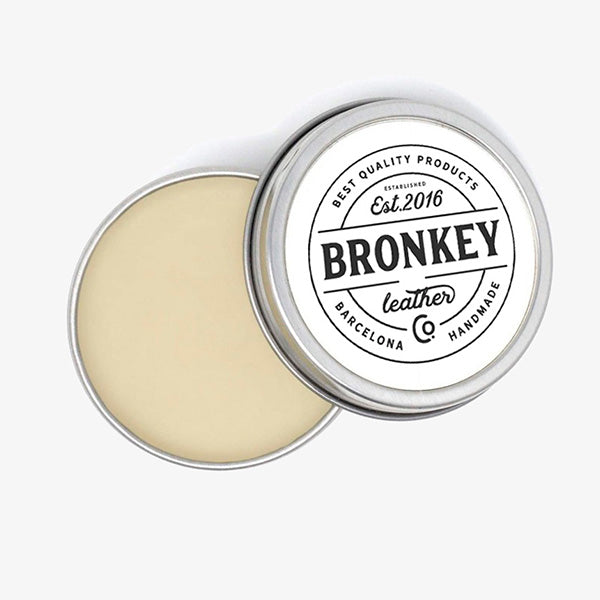
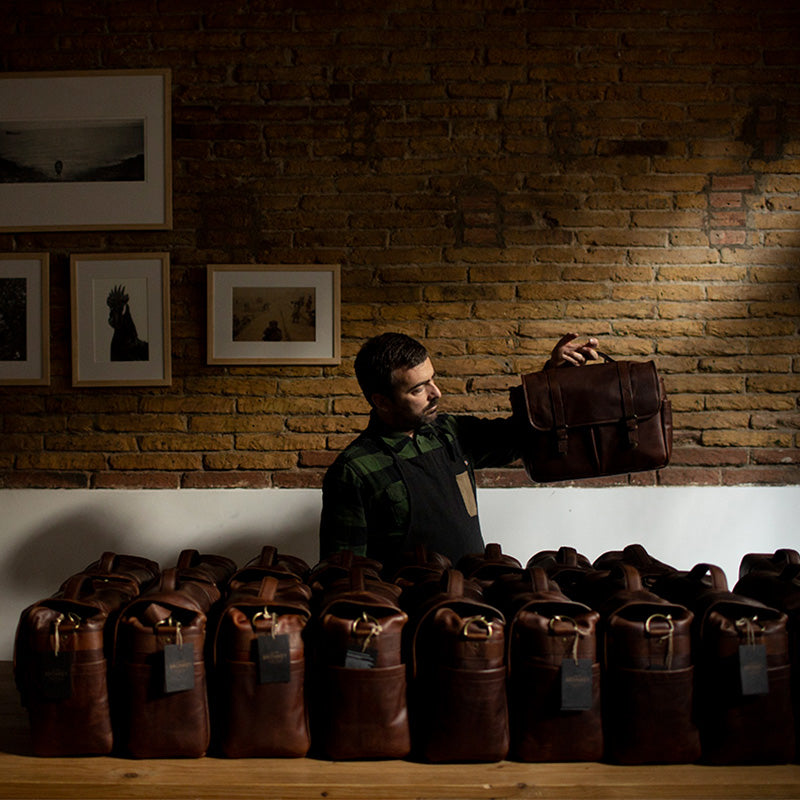
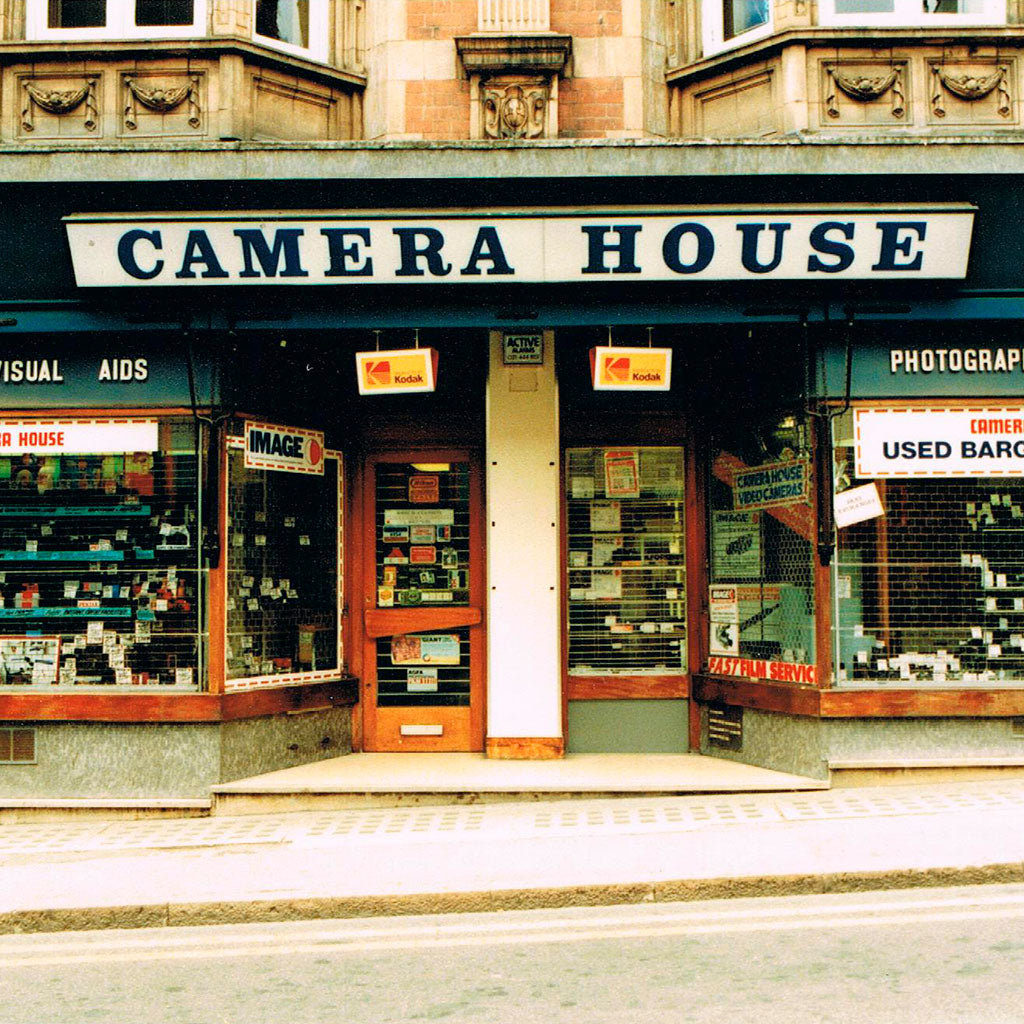
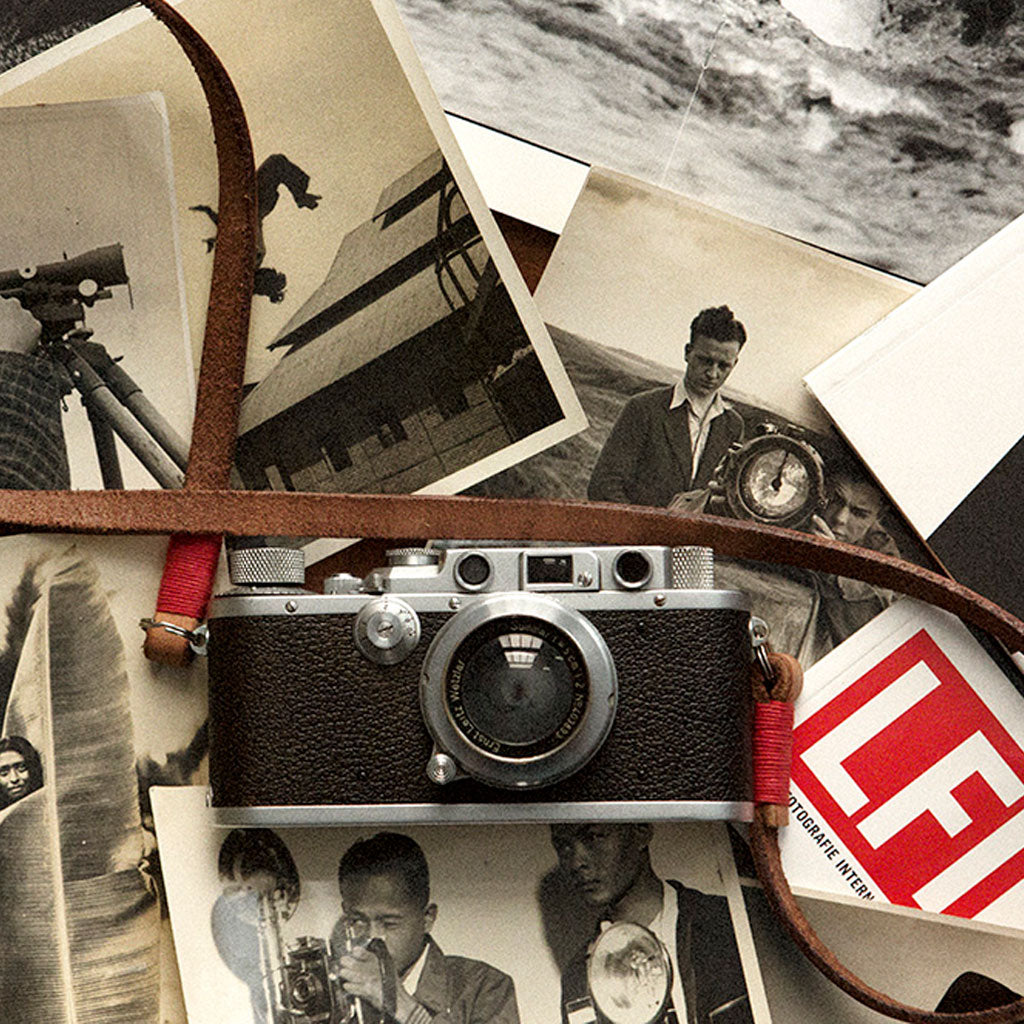
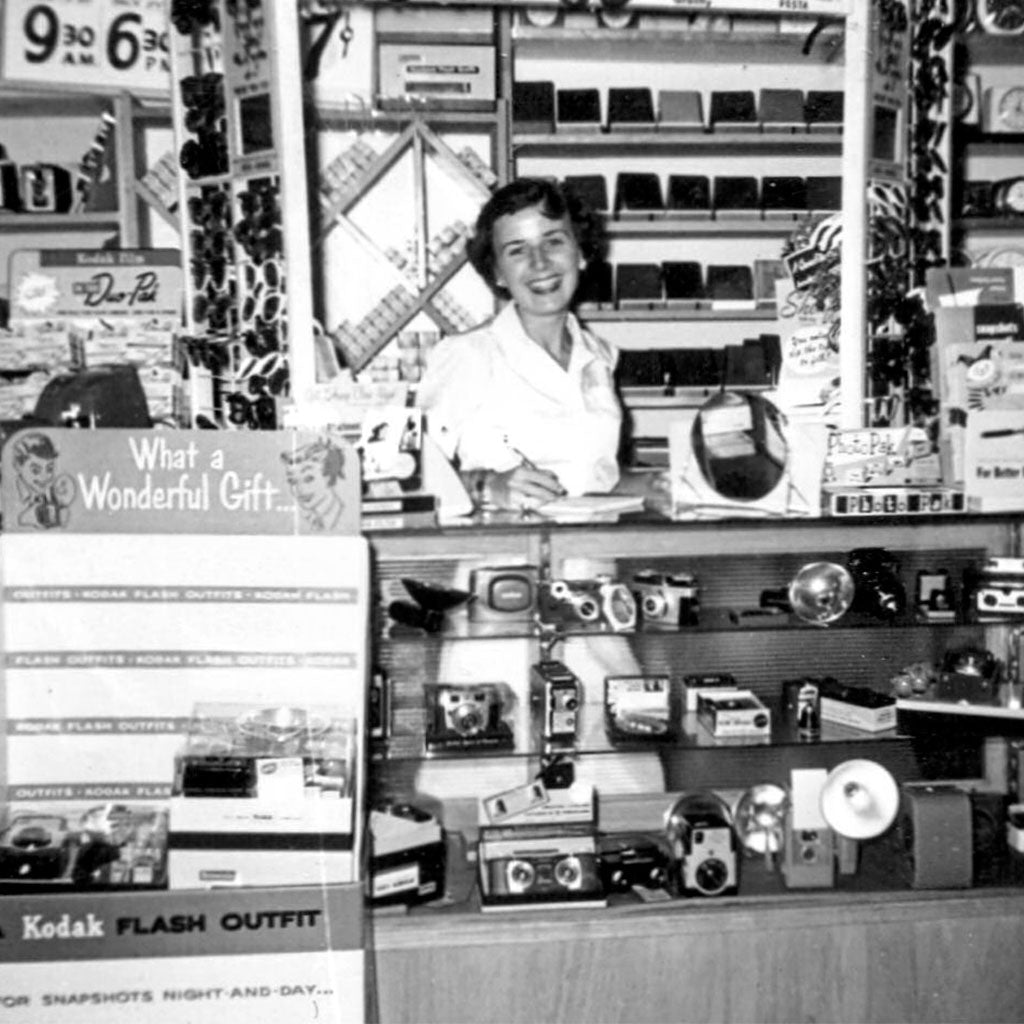
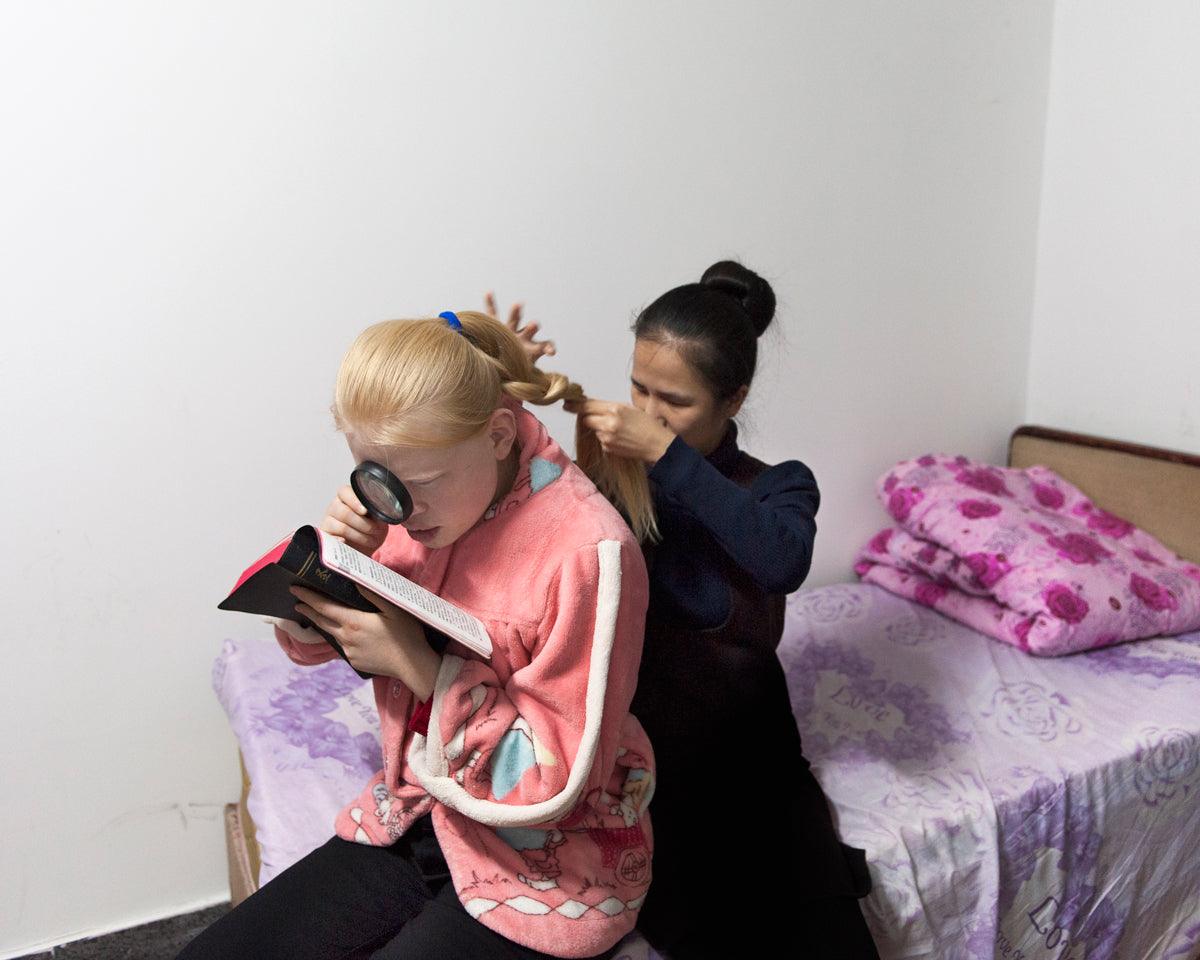



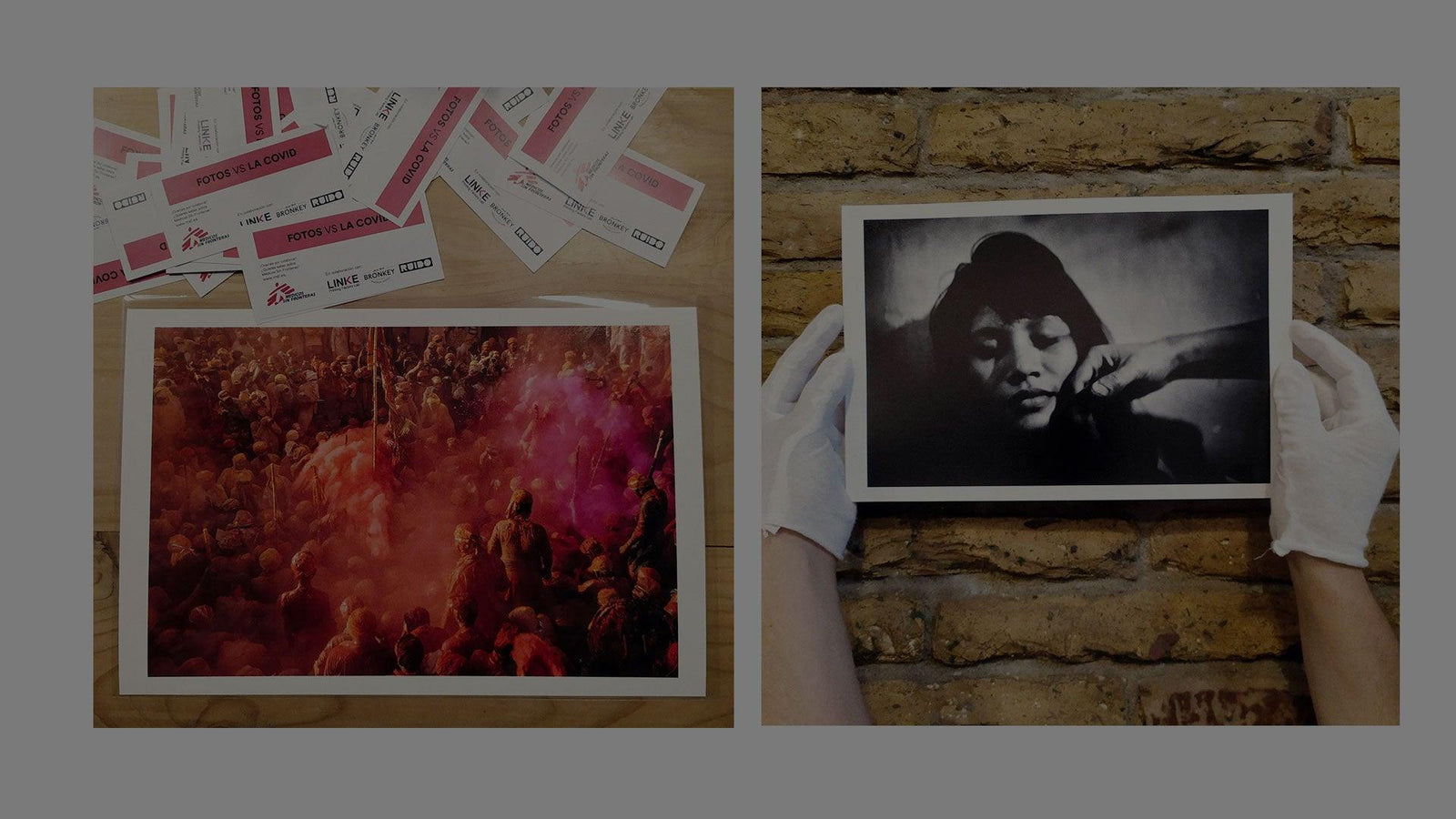
Leave a comment (all fields required)